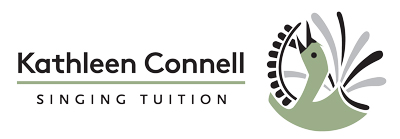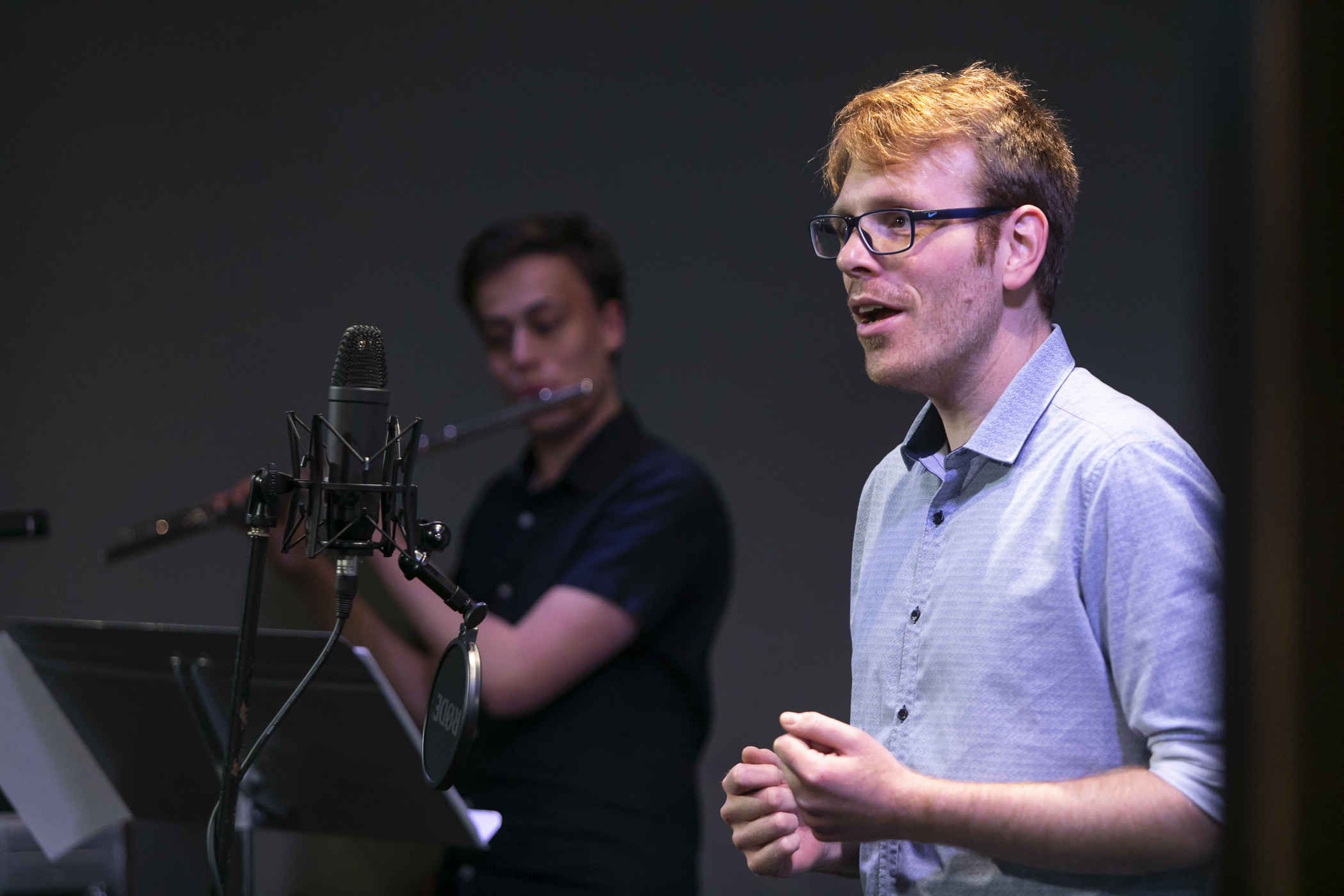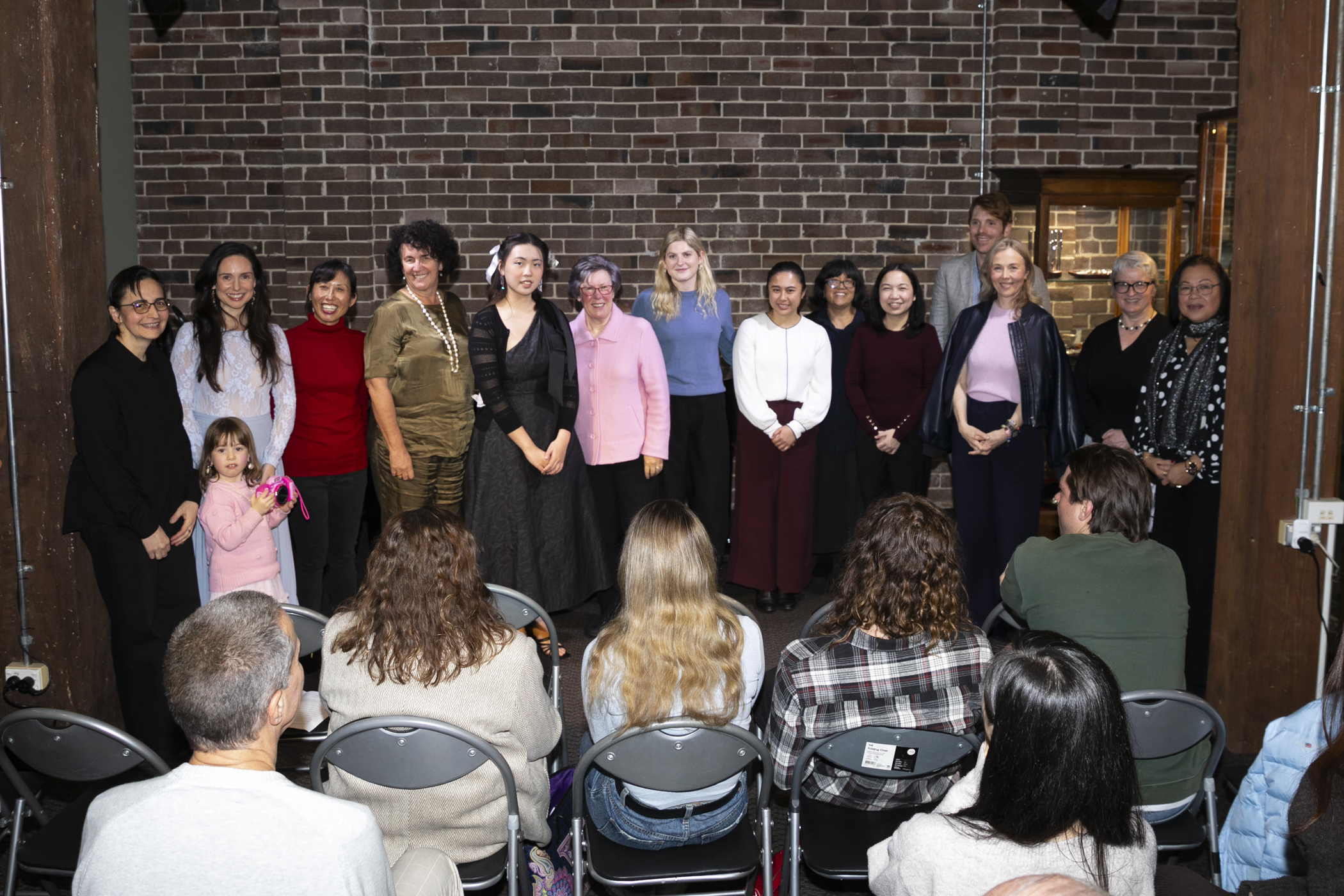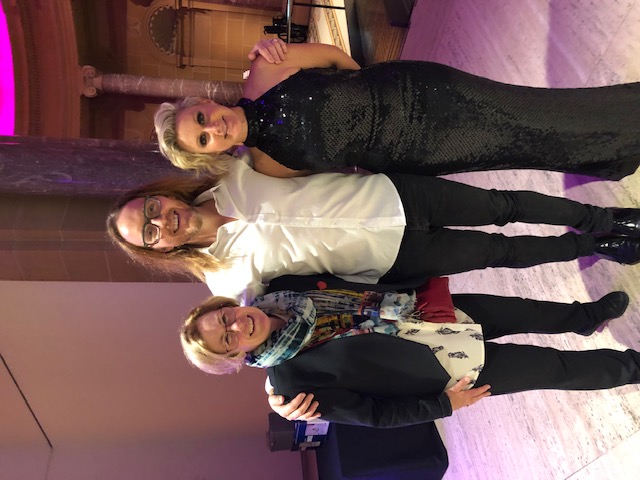Take target practice at your singing goals for better results
When students ask me about singing practice techniques, I often ask them to look at the back of my studio door. It has the marks of many dart throws that didn’t make it onto the dart board, let alone the bullseye. The door is pock marked with thousands of tiny holes.
Practice is often about trying out, making ‘inaccurate throws of the dart’ before your accuracy gets clearer, more connected and your nerves and memory learn the processes. Gradually, with repetition, your memory and feeling learn to pinpoint and consolidate singing skills and turn these to reliable mastery. That’s practice.
And with many of us heading into an end-of-year holiday, you don’t want to leave too much time between learning new skills in your singing lessons, and practising what you’ve learned. These tips can help you keep up your singing practice over the break.
Blocked practice
 By this, I don’t mean your practice routine is stuck or blocked. This term refers to grouping certain singing skills to repeatedly practise so your body and brain remember how to perform them. Think about which skill you want to focus on and how many elements it comprises. For example, if you want to work on your breathing skills, of course you’ll want to include inhalation and exhalation exercises. You may also need to check how your ribs and throat spaces open to assist the passage of air.
By this, I don’t mean your practice routine is stuck or blocked. This term refers to grouping certain singing skills to repeatedly practise so your body and brain remember how to perform them. Think about which skill you want to focus on and how many elements it comprises. For example, if you want to work on your breathing skills, of course you’ll want to include inhalation and exhalation exercises. You may also need to check how your ribs and throat spaces open to assist the passage of air.
Or you may choose to work on lip shaping and tongue position for vowels. Here, you might try some focused tongue loosening exercises in front of a mirror to release tension in your mouth, jaw and tongue.
One thing at a time
Pinpointing one activity to practise increases your awareness of your body movement to consolidate the habit. You need to limit distractions, so you stay focused on that one skill. This approach works best in shorter, intense practice sessions – perhaps planning at least 15-20 minutes for it at lunch time or after dinner. Choose a time you can sustain after your holidays.
Random practice
This may seem less targeted, but mixing up the skills you practise keeps your brain, body – and you – interested. Mixing a pinpoint single-skill focus with blocked, repeated skills helps you strengthen and retain your coordination, which is another skill in itself!
For instance, you could work on coordinating the release of your throat muscles with the drop of your belly wall on an inhale when preparing to sing.
Randomly choosing a couple of singing skill actions can build your understanding of how various skills are interconnected.
Using songs to put your skills in context
If you want to practise using songs, choose them in order of difficulty and start with the easier song first. For example, start with a less demanding song that has short phrases and step-wise motions, before one that needs sustained flows of air and wider intervals. Try to sing through the entire song at first, to pinpoint which actions need practice. Make a note of these sections of the song and find exercises that address those skills. Your singing teacher can help you here.
Thinking back over your practice is as important as doing it, to consolidate your learning. Reflecting on skills as you’re learning and practising them builds awareness and helps you self-assess and self-correct – to feel and know when your singing feels right. You develop trust in your neural pathways, your ear, and your body’s feedback.
Brains learn by taking target practice. When you set out to learn new skills, different patterns of action, and altered ways of feeling, thinking and being, mistakes do not exist. What you are doing is taking target practice, and you have to miss the bullseye many times to work out how to hit it. That’s why we look at the back of my studio door!
If you’re thinking of learning to sing in the new year, Kathleen Connell’s singing lesson packages are a great place to start. Browse the Studio and Online singing lessons. And get in touch to find out more.





